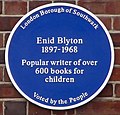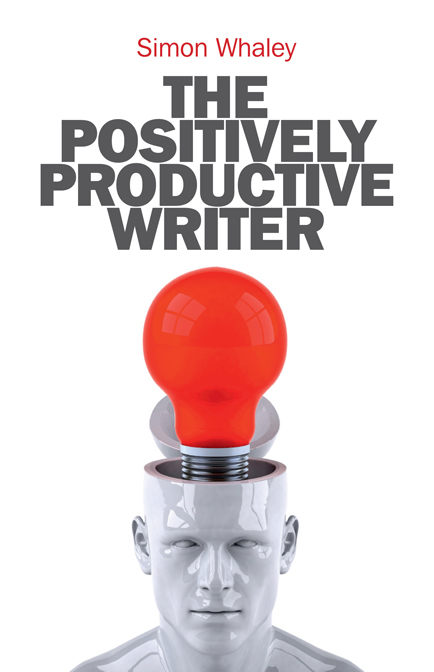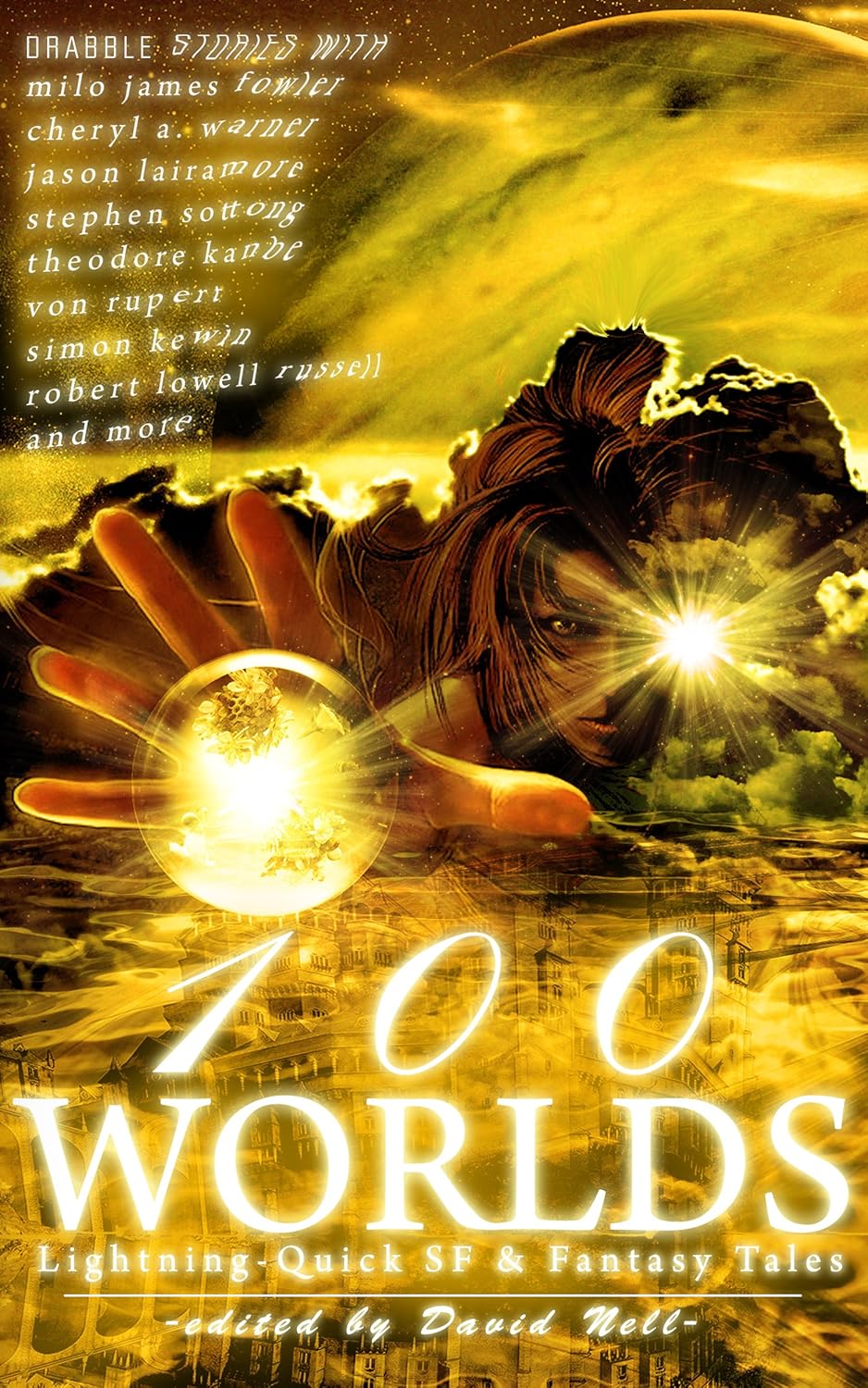The inspiration for today’s post comes from the ‘chat’ (i.e. blog comment exchange) I had yesterday with Roland Clarke, fellow writer, A to Zer and 100kin100days member (you could visit his blog next…). I mused about fantasy and sci-fi – about how I’d loved it but then spent a long period avoiding it, because everything I picked up seemed derivative; same old, same old. But it was the genre that inspired a devotion which carried me through to my teens and beyond, long after other genres (school, pony and mystery stories) had been left behind.To discover where this love started, we’re going back, back… no, I mean we’re REALLY going back..

Enid Blyton: The Far-Away Tree series
Three children climbed a huge tree inhabited by a host of fascinating, vaguely humanoid creatures – Saucepan Man, Moonface and Silky the Fairy. Were there others? There was a helter-skelter that went right down through the middle of the tree, AND different magical lands were on a rota to appear at the top of the tree. Some lands were fun, some were scary (to someone of 6 or 7). What’s not to love?

C.S. Lewis: The Chronicles of Narnia
I get twitchy when people refer to The Lion, the Witch and the Wardrobe as the ‘first’ Narnia book. It was written first, but please don’t give it to anyone to read first; in the Chronicles it’s book 2. The confusion comes from Lewis’ writing order (2,4,5,6,3,1,7), but if you don’t read the Magician’s Nephew first, you’ll never discover how Narnia came into being – or where the wardrobe came from in the first place.
- The Magician’s Nephew
- The Lion, the Witch and the Wardrobe
- The Horse and his Boy
- Prince Caspian
- The Voyage of the Dawn Treader
- The Silver Chair
- The Last Battle
Despite – or as well as, depending on your leaning – being Christian allegory, the Chronicles are a darn good read. Yes, the language and mannerisms are dated now, but for the time, the girls are portrayed as relatively strong characters who do not stay out of the fighting. Battles, magic, rescues, betrayal, super-villains, loveable animal comrades that talk, the notion of a different world just round the corner from ours and the heady idea that one day I might be called upon, just as Peter, Edward, Susan and Lucy were, to go and ‘make a difference: marvellous!
The Horse and His Boy is hard-going and a little lacking in Lewis magic. It only really relates to The Last Battle, and can be left out altogether without much impact. As for The Last Battle – by now I was 8 or 9 and had already lost two of the three grandparents I started with. It made me cry.

Lloyd Alexander: The Chronicles of Prydain
They’re brilliant, and based on Welsh mythology. Never heard of them? Er… ever heard of the Disney film, The Black Cauldron? That’s not that surprising either. Taking its title from the 2nd book, yet loosely based on books 1 and 2, it was “the first Disney animated theatrical feature to receive a PG rating. It even had to be edited twice to avoid being released with a PG-13 or R rating” (IMDB). It’s popularly known as ‘the film that nearly finished Disney’. I’ll explain why in my ‘U for Underrated’ blog post. That aside, the books are well worth a read. The character development is great, as are the moral dilemmas; there’s an interesting heroine and a pig-keeper who comes into his own. But as is often the case, the ending is bitter sweet. Here I am in tears again at the end of book 5: 10 years old.
- The Book of Three
- The Black Cauldron
- The Castle of Llyr
- Taran Wanderer
- The High King
More Fantasy talk on Monday in F is for Fascinating 🙂







